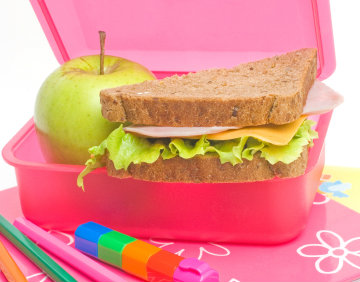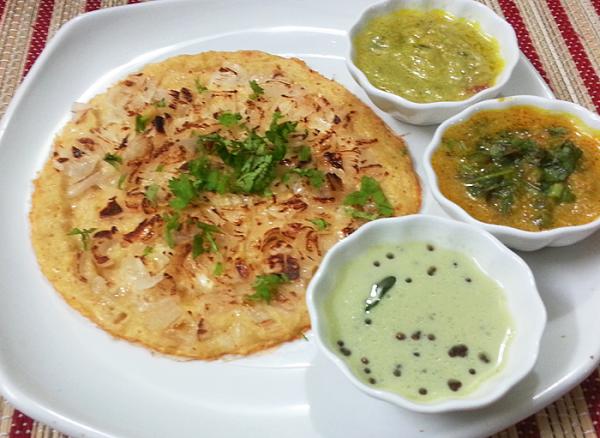Have you ever reused oil left over for deep frying more food items? Have you wondered, if it is healthy to do so? Do you often wonder if you are doing the right thing when reusing that expensive oil?
If these questions are plaguing you, then here are some sensible answers.
Facts about Reusing Oil:
From an economic stand point, it makes sense to use large amounts of leftover oil in your kitchen. But health wise, it may not be a sensible thing to do, especially reusing for deep frying. There are a couple of reasons for this:
- If the used oil has food remains, then bacteria can feed on it, and this may lead to food poisoning.
- If the oil has become rancid or stale, then this can not only spoil your food, but can also cause cancer.
When oil is repeatedly heated it degrades into fatty acids, hydro peroxides and triglycerides. It turns rancid, meaning the fats and other lipids in the oil decompose through oxidation, releasing free radicals which are toxic in nature.
The toxicity of these degraded products can cause various health concerns. Some are carcinogens and alter cells. Some damage the inner lining of the heart and are also responsible for causing allergic reactions in digestive tract of human body.
Four ideas for using deep fry oil remains:
- Firstly, plan to consume the leftover oil quickly. Use it for seasonings, while making dosa/adai or chapattis, for greasing idli plates and kuliappa pans.
- You can use the oil while kneading dough for chappatis / rotis / pooris. This way you are not frying again.
- You can also use leftover oils while making dry curries, which incidentally do take a bit of oil for getting brown and roasted.
- Non vegetarians can use it for shallow frying fish and meat (chicken or mutton). Then strain it.
Old cooking oil can also be recycled. People making their own bio-diesel are always looking out for used oil. But this trend is yet to pick up in India.
Tips to follow while reusing oil
- The oil should have a clear, golden yellow color. If the oil is darker, or its viscosity is more, it means that oil has started becoming rancid. Brown edges also mean that you have to discard the oil.
- Smell the oil. If it smells good, then use it. Taste it. If it is bitter, discard it. If the oil froths, then discard it.
- Always switch off the heat once cooking is done, as prolonged heating can increase the chances of the oil getting spoilt.
- If you detect any smoke from oil, then it is wise to discard it. This is because oil has reached its smoking point, and has begun to break down and degrade.
- Each time you fry oil, its smoking point drops. The optimum frying temperature is 190 degree celsius. So use oils which have a higher smoking point. Some of the best frying oils are Safflower, Sunflower and Corn. Groundnut oil and olive oil have low smoking point, not good for deep frying. They will easily reach the smoking point and start decomposing.
- Avoid adding salt before deep frying, as salt further lowers the smoking point of oils.
- Do not use iron pans, if you are deep frying and are planning to reuse the oil. The metal accelerates the process of rancidity.
Storing Re-Used Oil
If you cannot use the oil in a day or two, you can store the oil. Here is how you can do it:
- Filter the oil with a coffee filter or a muslin cloth to remove debris and other food particles. This works better than any deep fry oil filter.
- Then store the oil in a glass jar inside the fridge. It is best to use this left over oil quickly.
Where to Dispose Cooking Oil?
Do not dispose cooking oil in the sink, as it can clog the pipes and it is bad for the environment. Empty the used oil in cans or containers and dispose them in a recycling centre. If there is no such center nearby, then empty the oil in a Ziploc bag and dispose.






